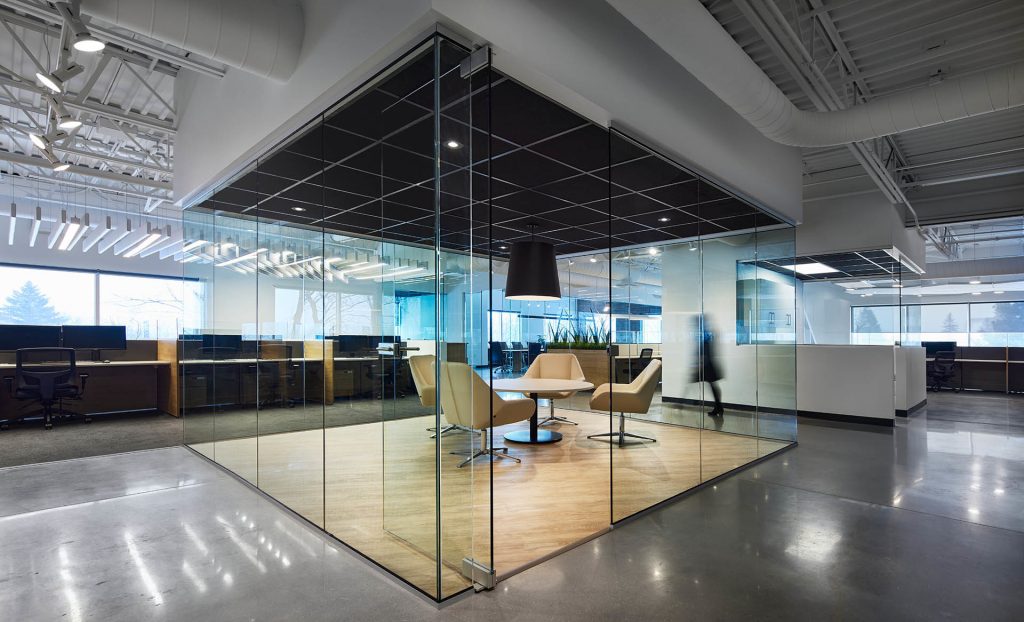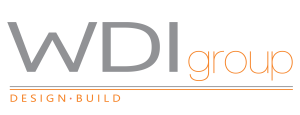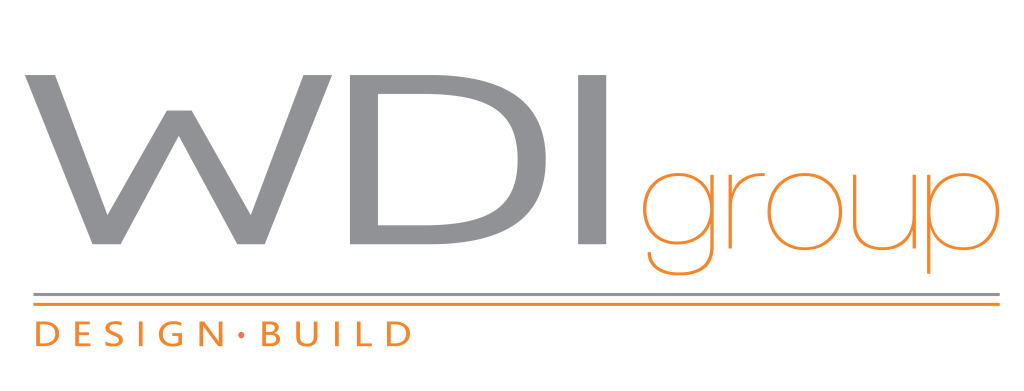Key Factors to Consider for a Return to Work Strategy
As the global pandemic begins to fade into the rearview, one major question remains for business leaders: What will the return to the office, and the return to work strategy actually look like?
In 2020 and 2021, the focus was on crisis response—virtualizing services, maintaining essential operations, and ensuring employee safety. Now, organizations are navigating the recovery phase, which brings an entirely new challenge: developing a return to work strategy that balances employee needs, business goals, and long-term flexibility.
The Workplace Has Changed—Permanently
Returning to traditional office life isn’t a guaranteed path forward. In fact, the pandemic has redefined how people view their workspaces. Many employees want the option to continue working from home, while others are eager to return to the office for collaboration and focus. The result is a workplace strategy that must be as dynamic and flexible as the workforce itself.
Design and construction experts are stepping in to help companies develop hybrid workplace strategies that prioritize both health and performance. The tension between returning to past routines and embracing new standards is now a central issue—and one that demands thoughtful planning.
Why Your Return to Work Strategy Matters
Organizations that handle the transition poorly may struggle with talent retention, reduced productivity, and damaged brand reputation. On the other hand, companies that embrace change will define their brand positively among employees, customers, and stakeholders—setting themselves apart as forward-thinking and socially responsible.
It’s not just about when employees return. It’s about how they return—and whether the environment supports culture, collaboration, and well-being.
3 Steps to Reimagine the Future of Work
1. Reorganize Workflow and Culture
Many organizations simply shifted old workflows into remote settings. While that worked for some, it’s time to rethink whether those systems truly serve your company’s values. For businesses focused on mentorship, innovation, or learning, spontaneous moments—often sparked by in-person interactions—may need to be consciously reintroduced into hybrid environments.
2. Reinvent the Office Footprint
Rethinking your real estate strategy is essential. Do you need as much space as before? Are your current locations ideal for the workforce of today? Consider how your space can encourage key business outcomes like culture-building, collaboration, and productivity, instead of simply replicating pre-pandemic layouts.
3. Recreate Purpose-Driven Workspaces
Not all office interactions can be replicated remotely. The future office should be designed to support those interactions that matter most—brainstorming sessions, team-building, client engagement, and mentorship moments. This could mean more space for collaboration and less for individual workstations, or even satellite hubs closer to where employees live.

There’s No One-Size-Fits-All Solution
What works for one company—or even one team—might not work for another. A successful return to work strategy requires cross-functional collaboration between real estate, HR, IT, and leadership. It’s a chance to align business operations with employee needs, modern expectations, and a refreshed workplace philosophy.
The Time to Act Is Now
Organizations that use this moment to rethink how work gets done will have a clear competitive edge. A strong return to work strategy isn’t just about health protocols or office layouts. It’s about creating a people-centered environment that improves engagement, reduces costs, and drives innovation.
Work with WDI Group to Redefine Your Workplace Strategy
As businesses face this critical inflection point, WDI Group is your expert partner in building thoughtful, flexible, and future-ready work environments. With a deep understanding of integrated design-build services, workplace transformation, and employee experience, WDI Group helps organizations across North America develop custom return-to-workplace strategies that reflect their unique culture, workflows, and long-term goals.
Whether you’re reimagining your office footprint, improving collaboration zones, or designing hybrid-ready spaces, WDI Group has the expertise to guide your strategy from concept to completion.
Contact us today to start your return-to-work transformation.

